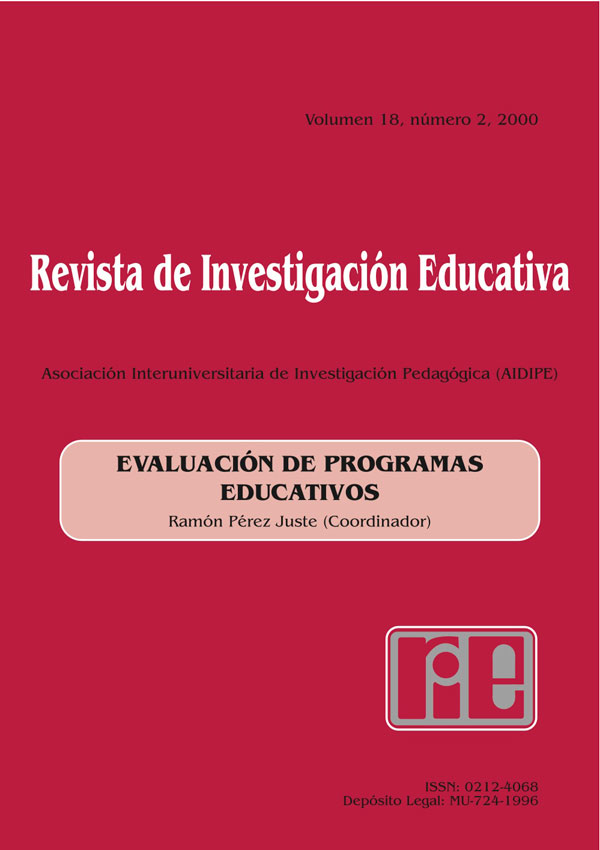El programa de orientación «tu futuro profesional» y su evaluación
Abstract
One of Super’s most important contributions has been his emphasis on the fact that careers develop over the life span. He proposed that counselors measure career development through the construct of vocational maturity, by identifying the coping methods used in facing a vocational task at each chronological age. To complement the construct of maturation as the central process in adolescent career development he devised measures of career maturity, such as the Career Development Inventory-School Form (CDI-SF). Adopting an integrated perspective akin to Super and his later called Career Maturity concept, the author has reviewed recent advances in guidance and counseling theories in order to lay the theoretical foundations for the design of her Career Development Program: Tu Futuro Profesional —TFP— (Your Future Career). This article shows that, although the concept of career maturity has its limitations, the CDI-SF (before validated and adapted to Spanish studentes) can be used to measure the outcomes of the Program- TFP and to evaluate its effectiveness. This procedure was used in a pre-post-test research with 4991 Spanish students from the 7th to 11th grade.Downloads
-
Abstract2788
-
PDF (Español (España))2297
The articles and scientific documents published in RIE abide the following conditions:
1. The Servicio de Publicaciones de la Universidad de Murcia (the publisher) has the property rights (copyright) of all the documents published and allows the reuse under the user’s license indicated in point 2.
2. All documents are published in the digital edition of RIE under a Creative Commons Reconocimiento-NoComercial-SinObraDerivada 4.0 Internacional. (legal document) license. These documents can be copied, used, distributed, communicated and explained publicly if: i) the author(s) and its original source of publishing (magazine, publisher and URL of the document) are cited; ii) it is not used for commercial purpose; iii) the existence and the specifications about this license are mentioned.
3. Auto-archive’s conditions. The authors are allowed and encouraged to digitally distribute the pre-print versions (a version before evaluation) and/or post-print (a version that it is already evaluated and accepted to its publication). This promotes circulation and distribution earlier and can increase the citations and significance within the academic community.










